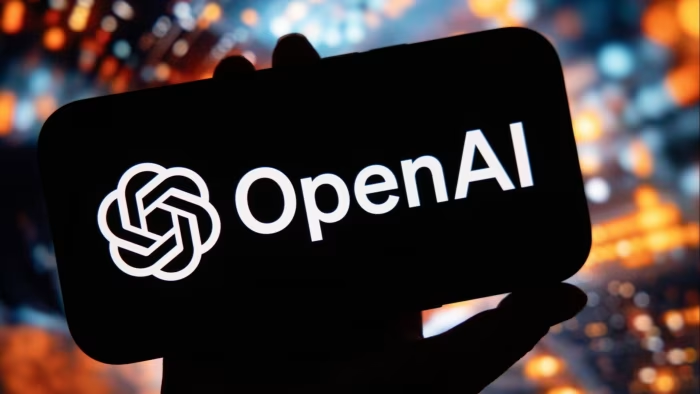In a letter, the New York Times told Perplexity, backed by Jeff Bezos, to stop accessing and using its material in AI summaries and other work
The Wall Street Journal looked over the paper.
The letter says that using the publisher’s “expressive, carefully written, researched, and edited journalism without a license” has “unjustly enriched” Perplexity. It also says that this is against copyright laws.
The paper is fighting OpenAI for using content without permission to train ChatGPT. This is not the first time the paper has been in a fight with an AI company. In the past, other authors have also said that Perplexity scraped websites without permission.
Copyleaks, a tool that checks for plagiarism and content made by AI, recently did a study on Perplexity and found that it could summarize material publishers charge for.
One new thing that Perplexity has started is a way for producers to get some of the money they make from ads.
Aravind Srinivas, CEO of Perplexity, told WSJ that the startup wants to work with the New York Times and said, “We have no interest in being anyone’s antagonist here.”



